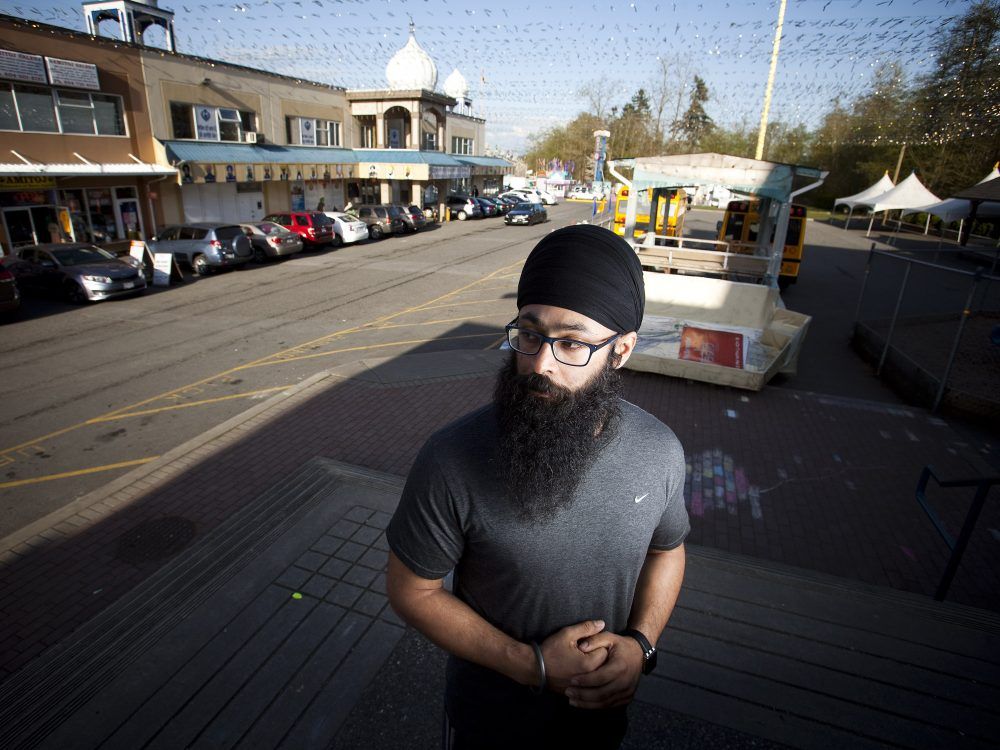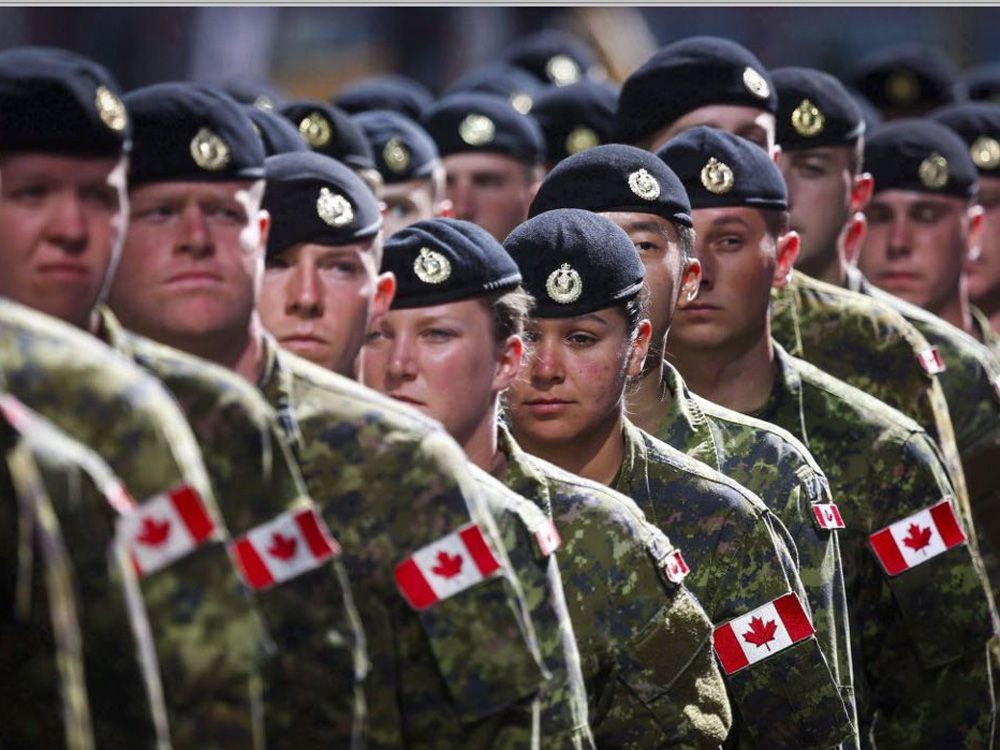BurlOak
Senior Member
I suppose at the time they figured the shame of violating Federal legislation was punishment enough.I understand that, but where is the section related to a sanctioning person or body? The section of the Parliament of Canada Act outlines the statutory procedure, but I can find no section that creates an offence or provides a penalty (that Act has a couple but they relate to specific sections). Legislation has to create an offence to initiate a judicial or even quasi-judicial proceeding (they are usually worded as 'anyone who contravenes Section x . . . is guilty of . . . ). It could well be buried in a federal statutory procedures act; IDK.
To the best of my knowledge, the Ethics Commissioner made findings of violation. Apologies were offered but I don't know if they were ordered. At least that legislation (Conflict of Interest Act) has a 'complaint process', a person to whom a complaint would be directed and contains a number of offence sections and a range of administrative and monetary penalties for some offences.
These Liberals have so many ways of being corrupt, the next government will have to spend a fair bit of time solving these issues that every government before seemed to have no trouble with.






